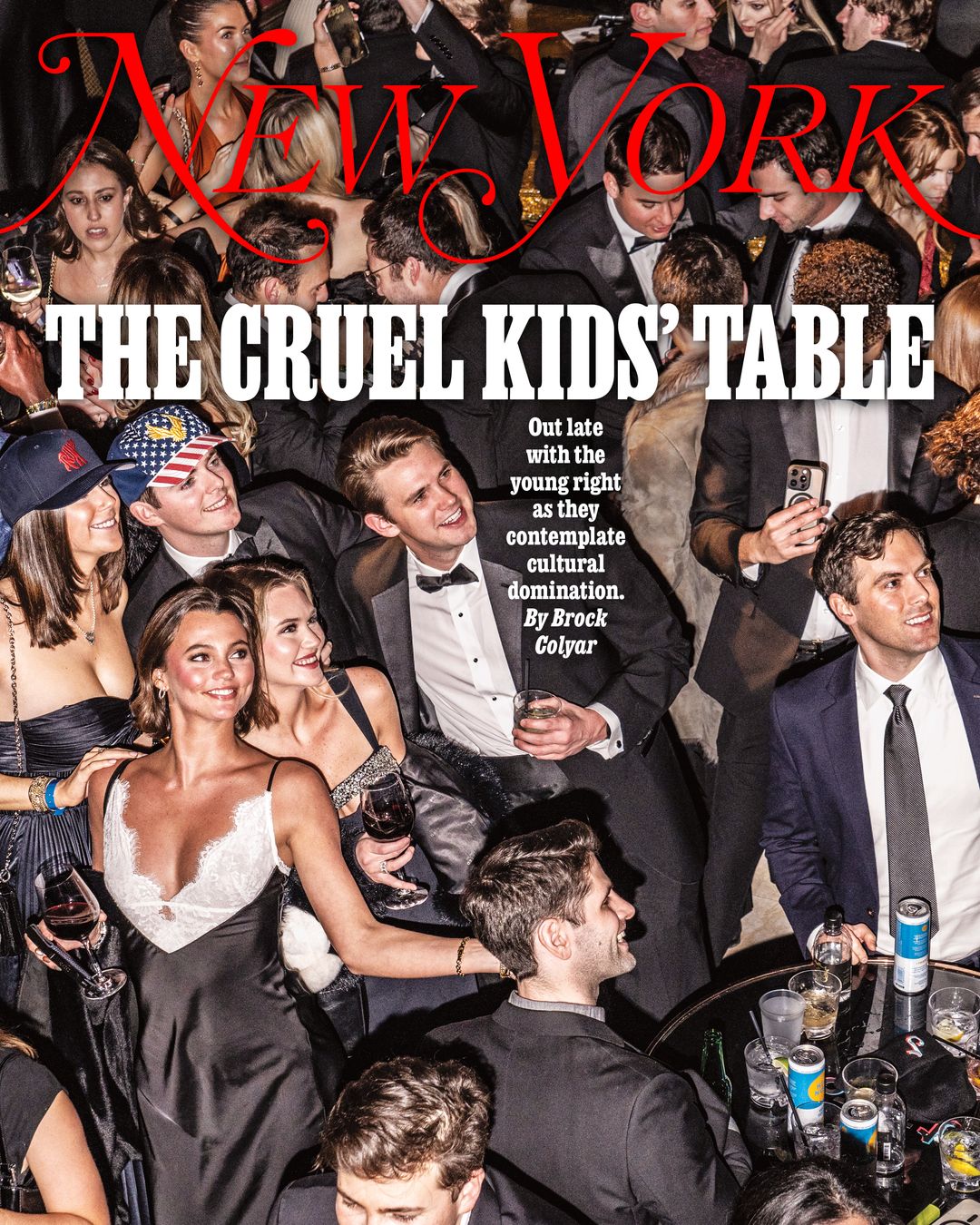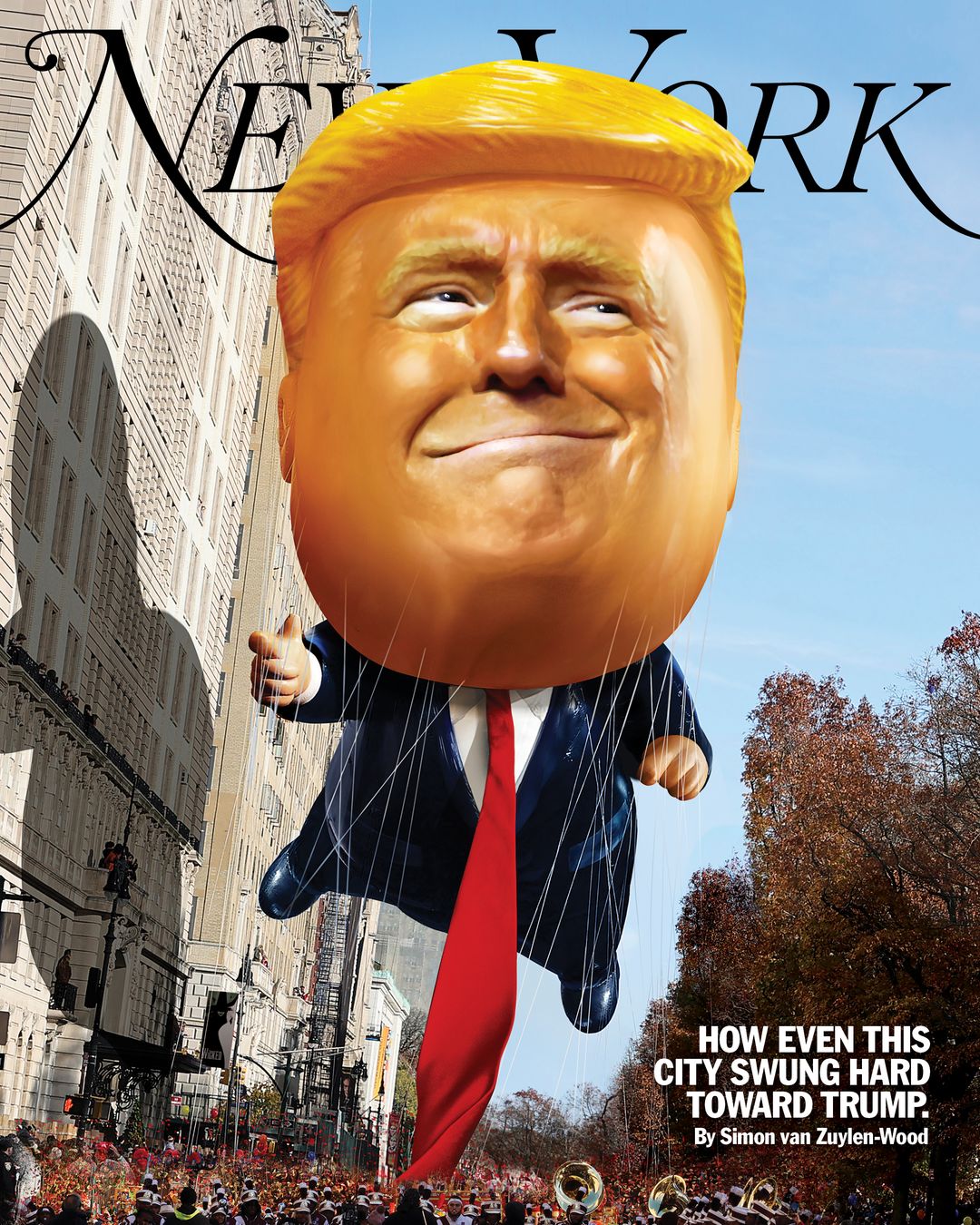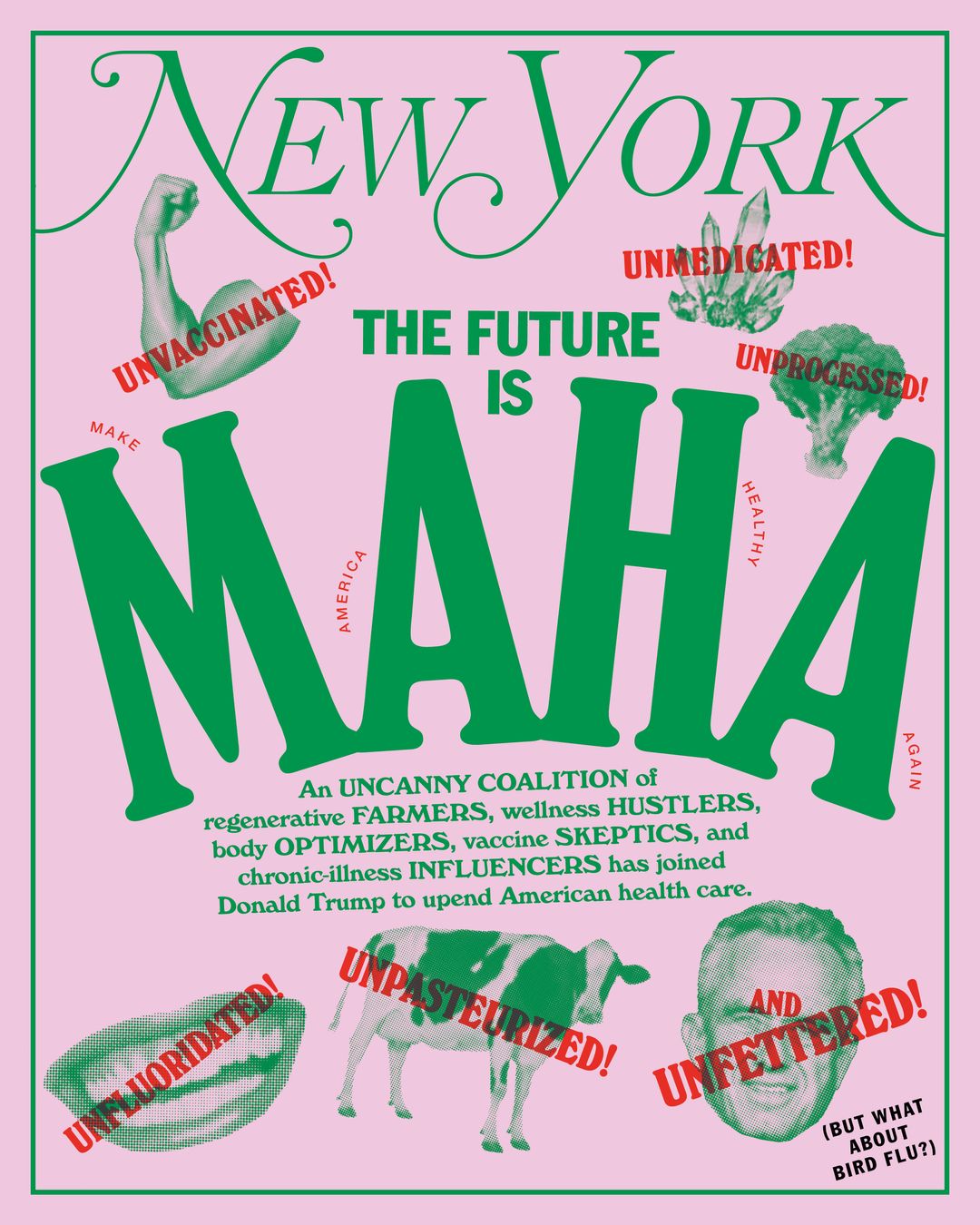
New York Magazine
New York Magazine Rated Left in Jan. 2025 Independent Review
A Jan. 2025 Independent Review by an AllSides reviewer found strong left bias in New York Magazine. For example, the cover story, "The Cruel Kids' Table," which stated, "Among the young, confident, and casually cruel Trumpers who, after conquering Washington, have their sights set on America." By calling Trump supporters "cruel," New York displayed a subjective qualifying adjectives. New York Magazine showed a clear Left bias in story choice — one article called Trump's pardons "distracting;" another was titled, "Trump's Sneaky Opening Attack on Abortion Rights."
Cover stories in late 2024, around the time of Trump's election, typically had an anti-Trump bent and a bent against his adminstration. A piece about the Make America Healthy Again (MAHA) movement was seen as analytical and containing subjective descriptions, though not overly negative; however, it was slanted against claims that flouride in water and seed oils are harmful, though it took a more sympathetic approach to concerns about food dyes. It did contain numerous source omissions, such as (emphasis ours): "RFK Jr. has also suggested that microplastics might have contributed to “gender confusion” among kids via endocrine disruptors, which scientists say is completely unfounded," and stating, "Most research has shown the opposite: The unsaturated fat commonly found in seed oils has been linked to lower risk of cardiovascular disease and cancer. Beef tallow, on the other hand, is primarily made up of saturated fat, which studies have shown increases the risk of cardiovascular disease." New York Magazine did not link to the studies or "most research."



There comes a time in an actor’s life when they find themselves seated in the Dolby Theater for the 12th consecutive hour, and they are either working on their face of gracious defeat for when their name is not called out as a winner, or they are optimistically going over a victory speech in their head, ensuring they don’t forget this producer or that agent or that grip on stage. (Or they are running around the bar, asking why the Academy can’t “just do another ‘Shallow,’” which is probably the only reason I have not been invited to the Oscars.) On Sunday night, we got two excellent speeches from actors, and two less excellent ones: Brad Pitt and Laura Dern mixed the intimate with the courteous, thanking their famous families and famous co-stars and reflecting on lives spent in front of the camera. Lead acting winners Joaquin Phoenix and Renée Zellweger, however, had speeches of a different flavor up their sleeves.
It has been said, correctly and coincidentally by me, that Joe Pesci delivered the best-ever Oscar acceptance speech: “It was my privilege. Thank you.” But people keep winning Oscars, so people keep giving Oscar speeches. Today, in the glow of Parasite’s Best Picture win, we are gathered here to decipher two of the most puzzling acceptance speeches from the night: Zellweger accepting her award for playing Judy Garland in Judy, and Phoenix accepting his award for King of Comedy, Revisited, excuse me, that’d be Joker.










